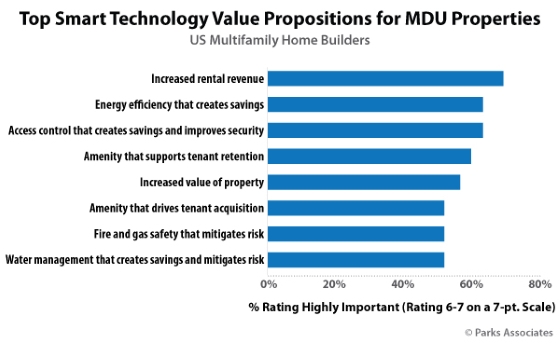Improving MDU Online Security Via the Strategic Implementation of Virtual Private Networks
Improving MDU Online Security Via the Strategic Implementation of Virtual Private Networks
Blog Article

Within the current online world, ensuring the safety of online connections is crucial, particularly in Multi-Unit Units (MDUs) like flat complexes and condominiums . Residents in these shared environments often link to the same network, which can make them susceptible to cyber dangers. One efficient way to enhance internet safety in MDUs is through the tactical implementation of Virtual Private Connections (VPNs). VPNs establish a protected connection over the internet, enabling individuals to protect their personal information and preserve confidentiality while browsing.
A VPN works by encrypting the data that transmits between a client’s device and the internet. This means that even if someone attempts to capture the information, they will not be able to read it. For residents in MDUs, using a VPN can significantly diminish the threat of information leaks and unauthorized access to personal data. By coding their online data flow, individuals can browse the web, stream videos, and interact digitally without concern about hackers or other malicious actors. This added layer of protection is particularly crucial in settings where numerous people utilize the same internet connection.
In safeguarding private information, VPNs can also help tenants access material that may be limited in their region. Many streaming services and websites limit access based on geographic location. By using a VPN, users can link to nodes in various nations, enabling them to bypass these restrictions and enjoy a wider range of online content. This feature can be particularly appealing to residents who want to access global information, media, or learning materials that may not be accessible in their area.
Implementing VPNs in MDUs can also foster a sense of community and trust among residents. When everyone in a building uses a VPN, it creates a more secure environment for important source sharing information and resources. Inhabitants can feel more at ease using shared networks for activities like online banking or shopping, knowing that their data is protected. Additionally, property managers can encourage the use of VPNs as part of their overall security strategy, aiding to establish a more secure residential environment for everyone.
To conclude, the tactical implementation of VPNs in Multi-Dwelling Units is an effective way to improve online safety for tenants. By coding information, offering entry to restricted material, and fostering a feeling of togetherness, VPNs provide multiple benefits that can improve the digital interaction for everyone. As online dangers continue to evolve, it is crucial for residents and property administrators to emphasize internet security and evaluate the benefits that VPNs can provide. Adopting this solution can lead to a more secure, more integrated residential environment for all.